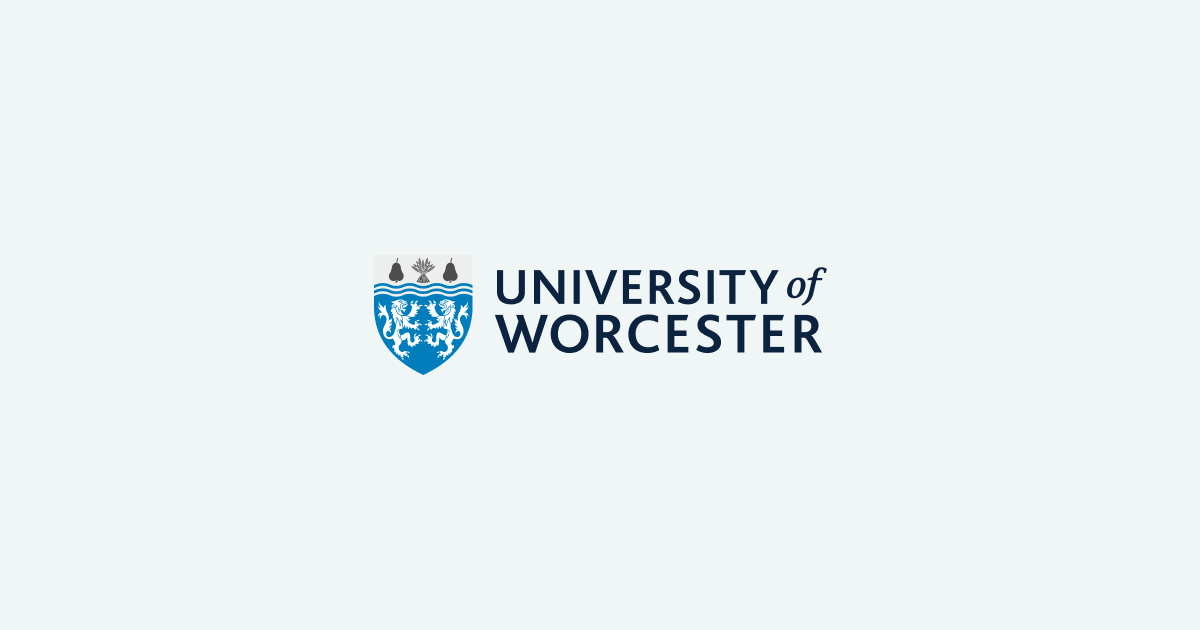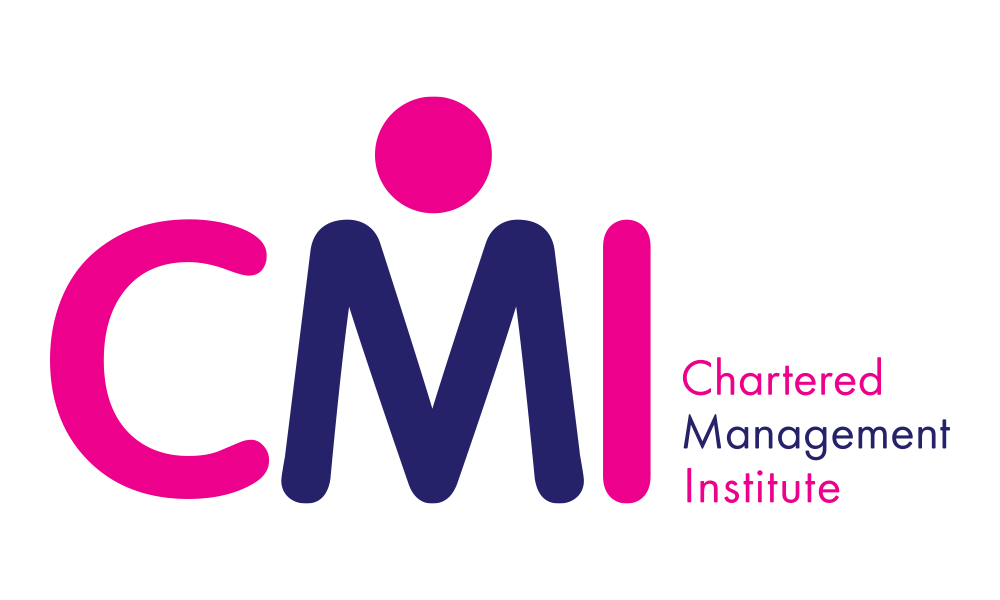You’ll have the opportunity to go on a work placement for 6 or 12 months as part of this course. In the classroom and on placement you'll learn about marketing, HR, finance and strategic decision making, while developing your leadership and management skills.
You’ll graduate with the MBA qualification plus the option to be awarded a Diploma in Strategic Management from the Chartered Management Institute (CMI). You’ll also have access to Associate Membership of the CMI.
First for jobs
The University of Worcester is first in the UK for sustained employment, further study or both, five years after graduation (excluding specialist institutions) - Longitudinal Educational Outcomes Survey 2024. Read more.
Overview
Our MBA programme is for managers who want to further their career or those who aspire to leadership roles in the future. The course is open to graduates of any discipline, and it can be studied full-time over one year or part-time while you work, over two to six years.
On this course you’ll develop a broad understanding of management and contemporary business issues, such as sustainability, leading change and cybersecurity. You’ll gain the skills necessary to take up a leadership position, move into a different area of your organisation, or to run your own business.
You’ll study modules on strategy, HR, finance, marketing and entrepreneurship along with optional modules on topics like change management and information systems. Across these modules there’s a strong international focus, meaning you’ll continually see how to apply your new skills when operating on a global scale.
In group discussions we’ll challenge your current practice and develop your critical reflection, originality, decision-making skills. These class debates are crucial and give you the opportunity to learn from the experiences of fellow students from around the world.
Placement pathway
You will have the opportunity to go on a work placement for 6 or 12 months. You are supported in finding placements and can apply for a vacancy as you would a job. There are dedicated sessions to support you in CV writing, interview skills and job applications as well as access to 1:1 tutorials. Most placements start on completion of the taught modules.
The placement will allow you to gain first-hand experience within a real business environment to enhance your future employability, and they are typically paid. Some students choose to base their research project on a business-related issue arising during the placement. This would give you access to research participants and primary data, and allow you to apply the theories and principles discussed on the programme to a real organisation.
While on placement, you will be supported by a dedicated placements team able to respond to any problems you may be having, an individual tutor who visits you twice while you are on placement and you will retain access to all the University facilities and resources. At the end of the placement, you are required to submit a placement portfolio containing your learning contract, a satisfactory employer appraisal, a case study and an end of placement presentation.
To find out more you can get in touch with our Placements Office on placements@worc.ac.uk.
Course content
The course is composed of eight taught modules and a research project. Each module is 15 credits and the research project one is 60 credits.
You have the option to choose two of the taught modules, allowing you to customise the degree to match your interests. Optional modules will run if they receive enough interest, it's not guaranteed that all modules will run every year.
Optional modules
Careers
Stand out from the crowd with this internationally recognised postgraduate qualification.
A Master of Business Administration (MBA) highly valued by top employers and could be the first step toward your career as a:
- Finance manager
- Human resources manager
- Marketing manager
- Digital strategy manager
- Information technology manager
- Product manager
- Finance analyst
- Managing director
- Business consultant
- Brand strategist
Links with employers
Worcester Business School has close working relationships with many international and regional businesses, as well as NHS and government organisations. Businesses that have helped develop the course, offered placements and contributed live client briefs include Lloyds TSB, Her Majesty’s Prison Service, NFU Mutual, Royal Mail and Hitachi Capital.
You’ll also benefit from our excellent links with professional organisations, including the Chartered Institute of Management, the British Computer Society and the Chartered Institute of Management Accountants.
Course highlights
Teaching and assessment
Teaching is a mix of interactive seminars, lectures, one-to-one tutorials and practical sessions. Your assessments mirror activities that happen in a business setting, you'll write a consultancy report, individual reports and deliver group presentations.
Teaching and assessment contents
You are taught through a combination of interactive workshops, lectures, seminars, laboratory practical sessions, organisational fieldwork, practical activities, etc.
Interactive workshops take a variety of formats and are intended to enable the application of learning through discussion and small group activities. Seminars enable the discussion and development of understanding of topics covered in lectures, and laboratory practical sessions are focused on developing subject-specific skills and applied individual and group project work. Wherever possible, you are to reflect on your knowledge, experience and practice and to think creatively of potential solutions that impact positively on business performance and professional practice.
Additionally, grounding is gained through the dissection, discussion, and interpretation of case studies; opportunities to work on live client projects/briefs; interaction with guest speakers and networking events with business leaders provided at local venues and at the Business School and other Universities.
In addition, meetings with Personal Academic Tutors are scheduled on three occasions during the year. Meetings are also scheduled with the Research Project supervisors are scheduled throughout the execution of the project.
The University places emphasis on enabling students to develop independent learning capabilities that will equip them for lifelong learning and future employment, as well as academic achievement. A mixture of independent study, teaching and academic support from Student Services and Library Services, and also the Personal Academic Tutoring system enables students to reflect on progress and build up a profile of skills, achievements and experiences that will help them to flourish and be successful
Case studies
Read about a few MBA students and graduates.
Entry requirements
An honours degree at 2:2 level or above in any subject (or International students holding a qualification recognised as equivalent by the University).
Entry to the master of business administration requires all applicants to complete an application form which gives a variety of information about the student’s work experience, qualifications and motivation. These will be checked by the Admission tutor.
Where information on the form is insufficient for a decision to be made the applicant will be requested to attend an interview with the Admission Tutor.
Recognition of prior learning
Students with relevant previous study at postgraduate level or with extensive experience may be considered eligible for recognition of prior learning. Please contact the Admissions Office for further information.
International students
You can provide an equivalent qualification to a 2:2 (as recognised by the university) to support your application.
Students whose first language is not English are required to demonstrate proficiency to a minimum level of 6.5 IELTS (and minimum of 5.5 in each element) or equivalent.
For country specific information see our international student pages.
Any questions?
If you have any questions about entry requirements, please call our Admissions Office on 01905 855111 or email admissions@worc.ac.uk.
Fees
Fees contents
UK and EU Students
The standard fee for full-time home and EU students enrolling on MA/MSc/MBA and MRes degrees in the 2025/26 academic year is £9,450 per year.
For more details, please visit our course fees page.
International Students
The standard tuition fee for full-time international students enrolling on MA, MSc, MBA and MRes degrees in the 2025/26 academic year is £17,900 per year.
How to apply
How to apply contents
Apply to study
Please make your application via our online application forms.
If you have any questions, please contact the Admissions office on 01905 855111 or admissions@worc.ac.uk
Master of Business Administration with 6-month placement
Apply to study full time - SeptemberMaster of Business Administration with 12-month placement
Apply to study full-time - SeptemberContact
If you have any questions, please get in touch. We're here to help you every step of the way.


Admissions Office
admissions@worc.ac.uk01905 855111More to explore
Open Days
Visiting us is the best way to get a feel for student life at the University of Worcester.

The City of Worcester
Worcester is a welcoming university city with great transport links and plenty of student parking.

Accommodation
Benefit from our accommodation guarantee. We have rooms on campus to suit every budget including en-suite options.












